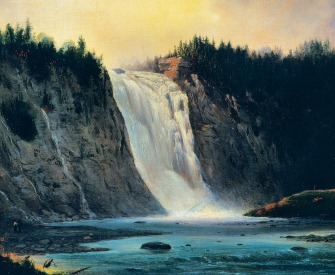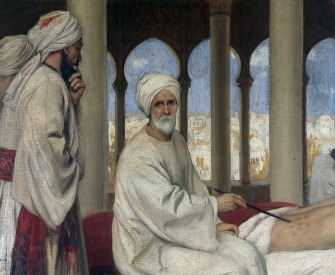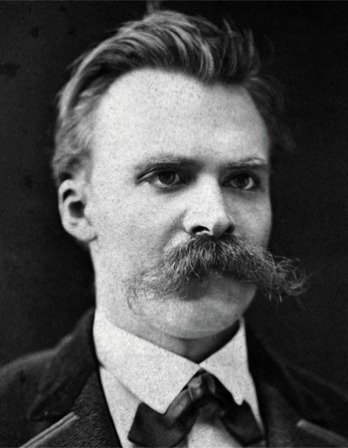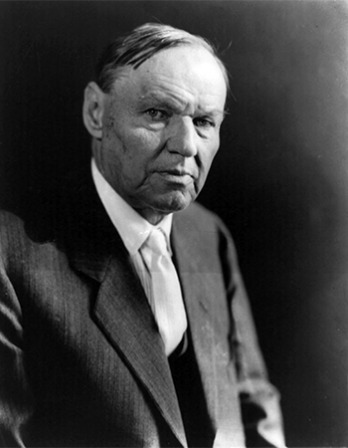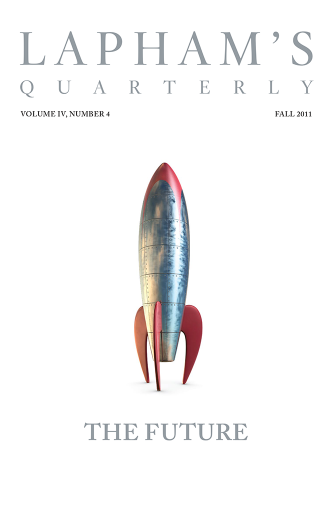Religion is by no means a proper subject of conversation in mixed company.
—Philip Dormer Stanhope, 1754Another Form of Hope
Alexis de Tocqueville identifies a principle of human nature.
The philosophers of the eighteenth century explained the gradual decay of religious faith in a very simple manner. Religious zeal, they said, must necessarily fail, the more generally liberty is established and knowledge diffused. Unfortunately, facts are by no means in accordance with their theory.
Upon my arrival in the United States, the religious aspect of the country was the first thing that struck my attention, and the longer I stayed there, the more I did perceive the great political consequences resulting from this state of things, to which I was unaccustomed. In France I had almost always seen the spirit of religion and the spirit of freedom pursuing courses diametrically opposed to each other, but in America I found that they were intimately united and that they reigned in common over the same country. I questioned the members of all the different sects, and I more especially sought the society of the clergy, who are the depositaries of the different persuasions, and who are more especially interested in their duration. As a member of the Roman Catholic Church, I was more particularly brought into contact with several of its priests, with whom I became intimately acquainted. To each of these men I expressed my astonishment and I explained my doubts—I found that they differed upon matters of detail alone and that they mainly attributed the peaceable dominion of religion in their country to the separation of church and state. I do not hesitate to affirm that during my stay in America, I did not meet with a single individual of the clergy or of the laity who was not of the same opinion upon this point.
This led me to examine more attentively than I had hitherto done the station which the American clergy occupy in political society. I learned with surprise that they fill no public appointments—not one of them is to be met with in the administration, and they are not even represented in the legislative assemblies. In several states the law excludes them from political life, public opinion in all. And when I came to inquire into the prevailing spirit of the clergy, I found that most of its members seemed to retire of their own accord from the exercise of power, and that they made it the pride of their profession to abstain from politics.
I heard them inveigh against ambition and deceit, under whatever political opinions these vices might chance to lurk, but I learned from their discourses that men are not guilty in the eye of God for any opinions concerning political government which they may profess with sincerity, any more than they are for their mistakes in building a house or in driving a furrow. I perceived that these ministers of the gospel eschewed all parties, with the anxiety attendant upon personal interest. These facts convinced me that what I had been told was true, and it then became my object to investigate their causes and to inquire how it happened that the real authority of religion was increased by a state of things which diminished its apparent force—these causes did not long escape my researches.
The short space of sixty years can never content the imagination of man, nor can the imperfect joys of this world satisfy his heart. Man alone of all created beings displays a natural contempt of existence and yet a boundless desire to exist; he scorns life, but he dreads annihilation. These different feelings incessantly urge his soul to the contemplation of a future state, and religion directs his musings thither. Religion, then, is simply another form of hope, and it is no less natural to the human heart than hope itself. Men cannot abandon their religious faith without a kind of aberration of intellect and a sort of violent distortion of their true natures, but they are invincibly brought back to more pious sentiments—for unbelief is an accident, and faith is the only permanent state of mankind. If we only consider religious institutions in a purely human point of view, they may be said to derive an inexhaustible element of strength from man himself, since they belong to one of the constituent principles of human nature.
I am aware that at certain times religion may strengthen this influence which originates in itself by the artificial power of the laws and by the support of those temporal institutions which direct society. Religions, intimately united to the governments of the earth, have been known to exercise a sovereign authority derived from the twofold source of terror and of faith, but when a religion contracts an alliance of this nature, I do not hesitate to affirm that it commits the same error as a man who should sacrifice his future to his present welfare. And in obtaining a power to which it has no claim, it risks that authority which is rightfully its own. When a religion founds its empire upon the desire of immortality which lives in every human heart, it may aspire to universal dominion, but when it connects itself with a government, it must necessarily adopt maxims which are only applicable to certain nations. Thus, in forming an alliance with a political power, religion augments its authority over a few and forfeits the hope of reigning over all.
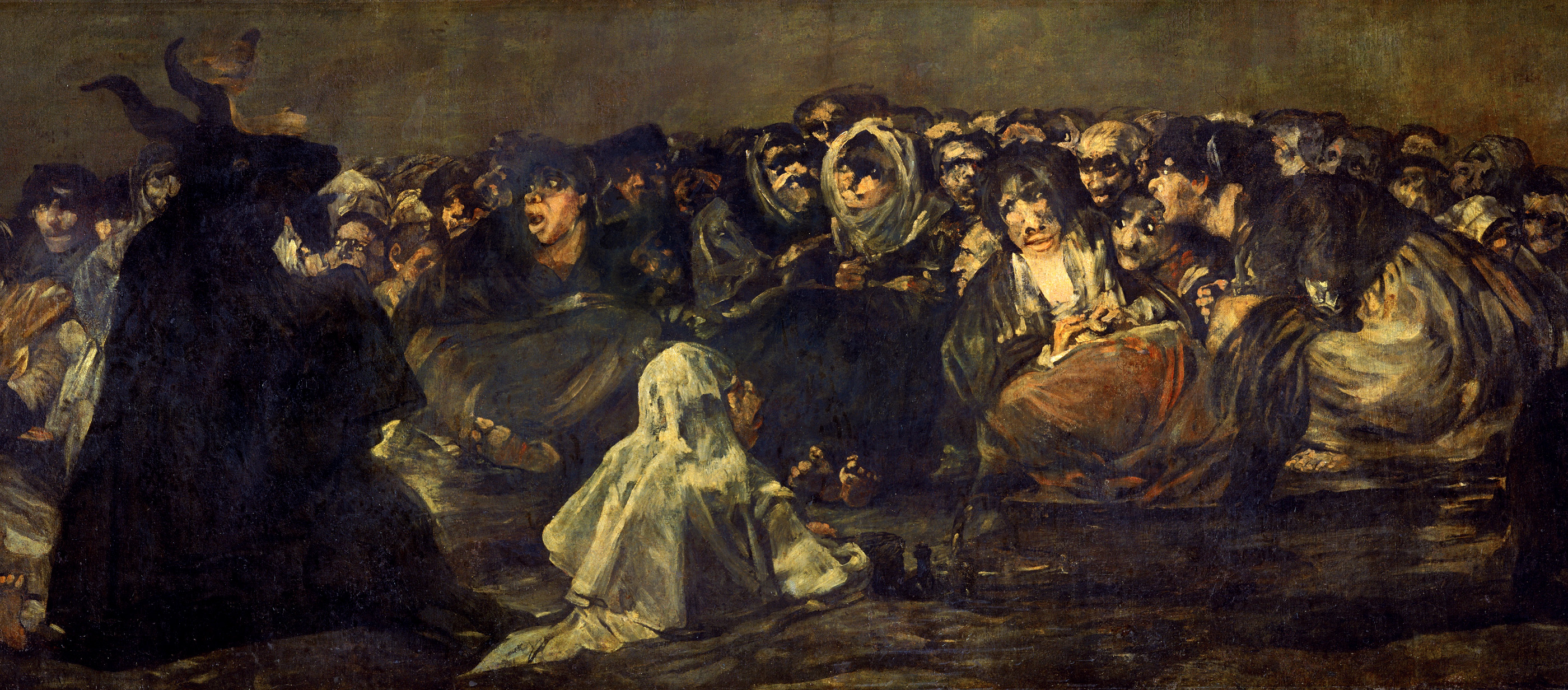
Witches’ Sabbath (Aquelarre), by Francisco de Goya y Lucientes, c. 1820–23. Prado Museum, Madrid, Spain.
As long as a religion rests upon those sentiments which are the consolation of all affliction, it may attract the affections of mankind. But if it is mixed up with the bitter passions of the world, it may be constrained to defend allies whom its interests, and not the principle of love, have given to it; or to repel as antagonists men who are still attached to its own spirit, however opposed they may be to the powers to which it is allied.
The powers of society are more or less fugitive, like the years which we spend upon the earth; they succeed each other with rapidity like the fleeting cares of life, and no government has ever yet been founded upon an invariable disposition of the human heart or upon an imperishable interest.
As long as religion is sustained by those feelings, propensities, and passions, which are found to occur under the same forms at all the different periods of history, it may defy the efforts of time—or at least it can only be destroyed by another religion. The alliance which religion contracts with political powers must needs be onerous to itself, since it does not require their assistance to live, and by giving them its assistance it may be exposed to decay.
If the Americans, who change the head of the government once in four years, who elect new legislators every two years, and renew the provincial officers every year; if the Americans, who have abandoned the political world to the attempts of innovators, had not placed religion beyond their reach, where could it abide in the ebb and flow of human opinions? Where would that respect which belongs to it be paid, amid the struggles of faction? And what would become of its immortality in the midst of perpetual decay? The American clergy were the first to perceive this truth and to act in conformity with it. They saw that they must renounce their religious influence, if they were to strive for political power, and they chose to give up the support of the state rather than to share in its vicissitudes.
In America, religion is perhaps less powerful than it has been at certain periods in the history of certain peoples, but its influence is more lasting.

Alexis de Tocqueville
From Democracy in America. Tocqueville and his lifelong friend Gustave de Beaumont spent nine months in the United States, copublishing On the Penitentiary System in the United States and Its Application in France in 1833. The success of his examination of the new nation’s political structure led to his induction into the Legion of Honor and the French Academy; the royalties allowed him to rebuild his ancestral chateau in Normandy.
